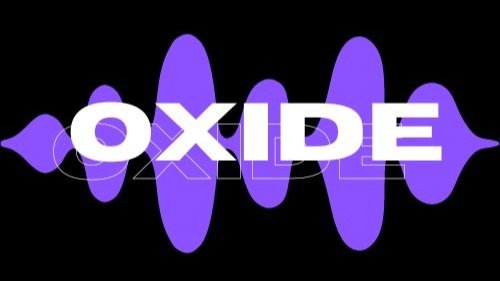New York, I Love You but You’re Bringing Me Down
Archie Fraser takes a dive into the sounds of New York’s counter-cultural underground over the years, from the smoky jazz bars of the bebop greats and the artistic epicentre of the Chelsea Hotel, through the rugged lands of Wu-Tang territory, to the rock rebirth of the 2000s.
EP. 3: IS THIS IT?
With aesthetic and sonic references back to the sounds of the protopunk, new wave, and alternative rock bands of the 1960s and 70s, the New York Rock Revival of the early-2000s sparked a new era of guitar-driven music, emerging as an antithesis to the manufactured pop-punk of a post-Grunge America and the uninspiring final dregs of Britpop. This week focuses on some of the key bands of the time, focusing particularly on the effortless swagger of Julian Casablancas and The Strokes, as well as the dancepunk of LCD Soundsystem.
EP. 2: WHOSE WORLD IS THIS?
From Brooklyn to Queens to Staten Island and back again, this week I take a journey through New York in the 1990s, focusing on some of the most definitive hip-hop tunes of the time. Expect the jazzy production of A Tribe Called Quest and DJ Premier as well as music from the Beastie Boys, Mos Def, and the braggadocious rhymes of Mobb Deep, the Wu-Tang Clan and Nas.
It’s about a society on its way down. And as it falls, it keeps telling itself: "So far so good... So far so good... So far so good." It's not how you fall that matters. It's how you land. Le monde est à nous.
EP. 1: CHELSEA HOTEL
This week focuses on the Chelsea Hotel and the music and scenes it helped blossom over the 1960s and 70s, beginning with the gritty, dark sounds of the Velvet Underground, Patti Smith and Television, and finishing the episode by moving towards the more dance-oriented new-wave groups.
The poet makes himself a seer by a long, prodigious, and rational disordering of all the senses. Every form of love, of suffering, of madness; he searches himself, he consumes all the poisons in him, and keeps only their quintessences.
(Arthur Rimbaud, in a letter to Paul Demeny, May 1871)


